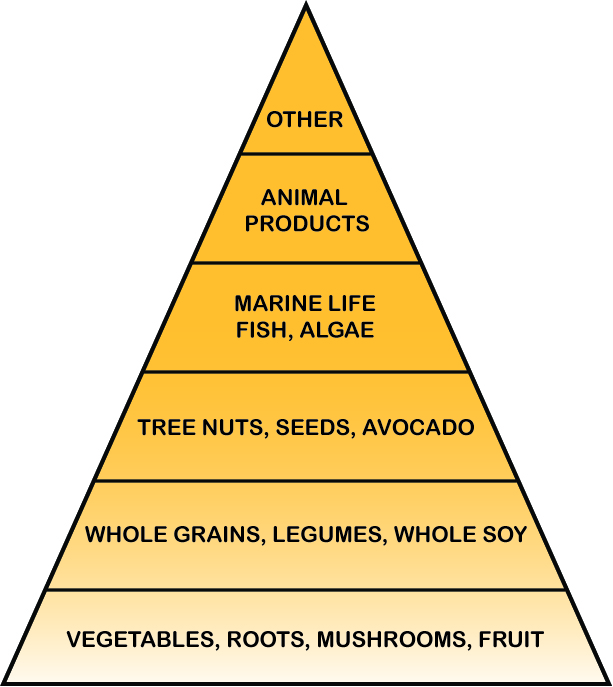
Center for Digestive Health
& Nutritional Excellence
Center for Digestive Health & Nutritional Excellence
Contact
Food & Inflammation
Inflammation is an immune response to foreign invaders and environmental pathogens. Our food may be misinterpreted by our immune system as an invader or pathogen and cause an inflammatory response. The activation of white blood cells and the consequent release of chemical mediators can create havoc. Some diseases, like obesity, type 2 diabetes, steatohepatitis, and atherosclerosis are clearly examples of conditions caused by diet-induced inflammation. Inflammation also plays an important role in Cancer.
Go to Videos to watch some very important explanations for how food relates to inflammation.
The key to reducing dietary inflammation is to introduce greater complexity to the food we eat. A complex diet allows for improved nutrient intake, better tolerance to dietary antigens, and decreased sensitivity to potential immunogenic components of food. The most commonly antigenic foods are also some of the most commonly ingested foods, like cow's milk, wheat, soy, and peanut.
Certain fats, specifically trans and saturated fats, can resemble components of bacteria that trigger an inflammatory response that promotes insulin resistance. Avoid oils rich in omega-6 fatty acids, like soybean and corn oils, and seek oils rich in monounsaturated and omega-3 fatty acids, like olive and canola oils. Coconut oil is rich in medium chain triglycerides (MCT), which are easily absorbed and enhance resistant to oxidative stress.
Foods with a high glycemic index (e.g. sugar, white bread) cause a surge in insulin release. Once the sugar is cleared from the blood, the insulin remains active and results in low blood sugar (hypoglycemia). The consequent peaks and troughs in blood sugar result in poor satiety control and predispose to insulin resistance and diabetes.

The fulcrum of biological injury and repair. Note that the balance rests on the immune system, which guides inflammation in the body. Tipping the balance from the outside is our relationship with food and microbes.

Dr. Kahana's Anti-Inflammatory Food Pyramid: Base your diet on fruit, vegetables, roots, and yeast or fungi. Enjoy lots of whole grains, legumes, and whole soy or tofu. Add daily intake of tree nuts, seeds, and fatty plant food like avocado, coconut, and dark cocoa. A small serving of marine life several times a week will enrich your diet, but monitor source and avoid contamination. Animal products should come from within the food-chain, like grass-fed beef or free-range chickens, and be minimized. Other food, like ice cream or french fries, to name two of my favorite, should be viewed as a treat--something in your life that makes you happy to eat.
Center for Digestive Health & Nutritional Excellence
Contact
